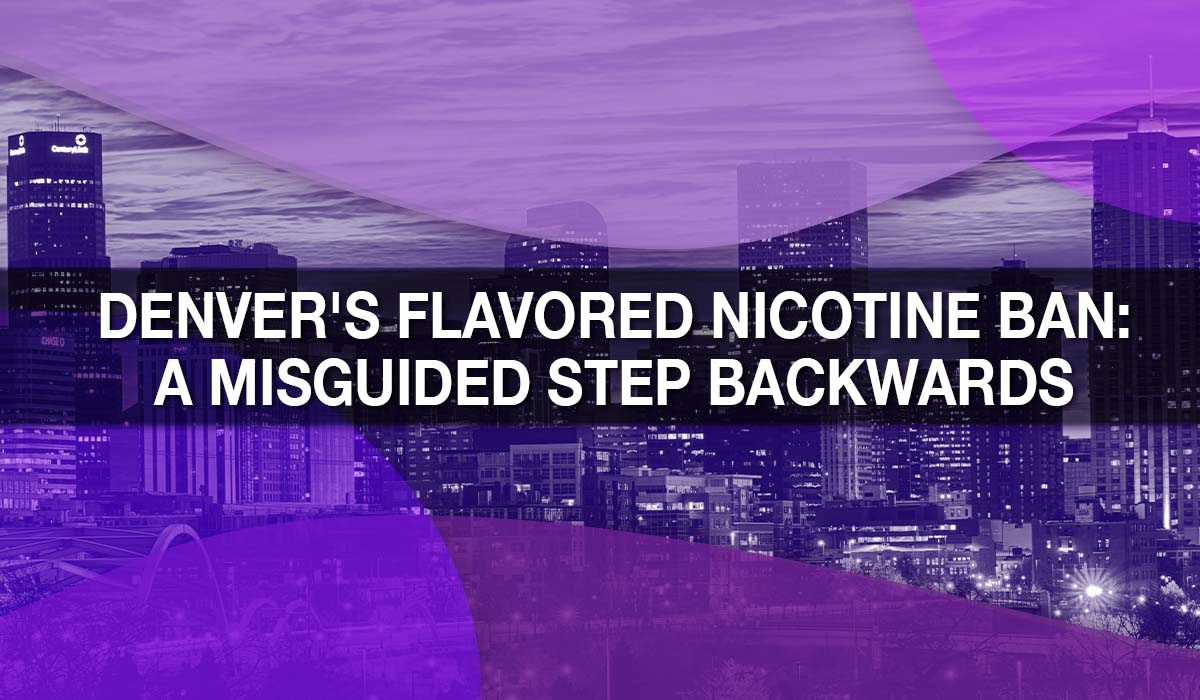
Denver's Flavored Nicotine Ban: A Misguided Step Backwards
The Denver City Council has voted 11-1 to approve a sweeping ban on the sale of flavored nicotine products, including vapes, nicotine pouches, menthol cigarettes, and flavored cigars and smokeless tobacco. However, flavored hookah products and unflavored combustible cigarettes remain exempt from the new law. The ban, which affects roughly 550 Denver retailers, will take effect 90 days after Mayor Mike Johnston, a vocal supporter, signs it into law.
A Polarizing Decision
The flavor ban has sparked significant controversy, with sharp divisions between public health advocates and retailers, as well as unexpected opposition from the editorial board of The Denver Post. While proponents argue the measure is necessary to protect children from nicotine addiction, opponents contend it could have unintended consequences, such as driving consumers to unregulated markets and hurting small businesses.
The Denver School Board issued a proclamation urging the council to adopt the ban, framing it as a child-protection measure. Public health advocates cheered the decision, emphasizing the appeal of flavored products to youth. Meanwhile, The Denver Post criticized the council, calling the ban “an easy opportunity to earn plaudits” from public health groups, while failing to address the root issue—enforcement and education.
A Repeat of Past Battles
This isn’t Denver’s first attempt to ban flavored nicotine products. Three years ago, the city council passed a similar ban, only for it to be vetoed by then-Mayor Michael Hancock, who argued it would hurt businesses without effectively eliminating flavored products from the city. That history raises the question of whether this iteration will deliver its intended outcomes or repeat past challenges.
Denver now joins six U.S. states and numerous cities, including several in Colorado, in implementing flavor bans. However, the long-term impact of such measures remains hotly debated.
Consequences for Retailers and Consumers
The ban could significantly impact Denver’s roughly 550 retailers that sell flavored nicotine products, many of which are small businesses. Critics argue that such restrictions often drive consumers to neighboring cities or unregulated markets, undermining local businesses without effectively reducing access.
Moreover, public health experts acknowledge that bans on legal, regulated products can inadvertently create black markets, where quality control is nonexistent, and underage access may increase.
Flavored Products: A Complex Debate
The appeal of flavored nicotine products to youth is a central argument for bans like Denver’s. However, adult smokers have also turned to flavored alternatives, such as vapes and nicotine pouches, as tools to quit combustible cigarettes. Research has shown that flavors play a crucial role in helping adult smokers transition to less harmful products, raising concerns that bans could unintentionally discourage smoking cessation. Last year, an FDA funded study found vape flavor bans increase cigarette sales.
What’s Next?
With Mayor Johnston’s endorsement, the flavor ban is poised to take effect in early 2024. As Denver joins other jurisdictions in restricting flavored nicotine products, the debate over their efficacy and unintended consequences will continue.
Will this ban successfully reduce youth vaping rates, or will it merely push consumers toward unregulated markets and hurt local businesses? Time—and careful analysis—will tell.
For now, the Denver City Council has made its decision, but the conversation about the balance between public health, personal choice, and economic impact is far from over.

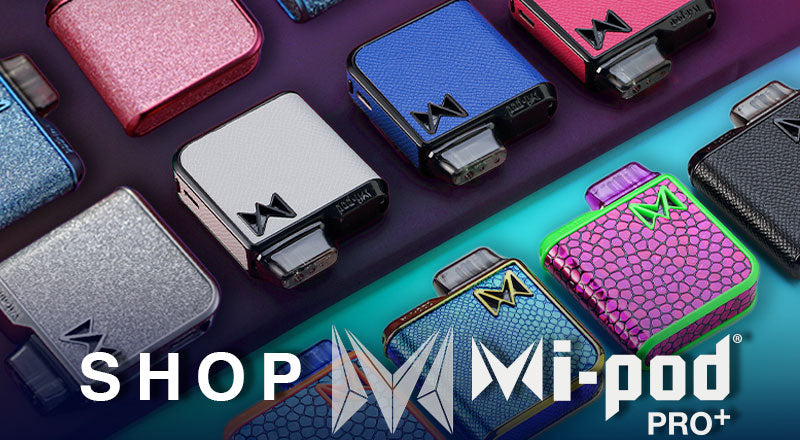
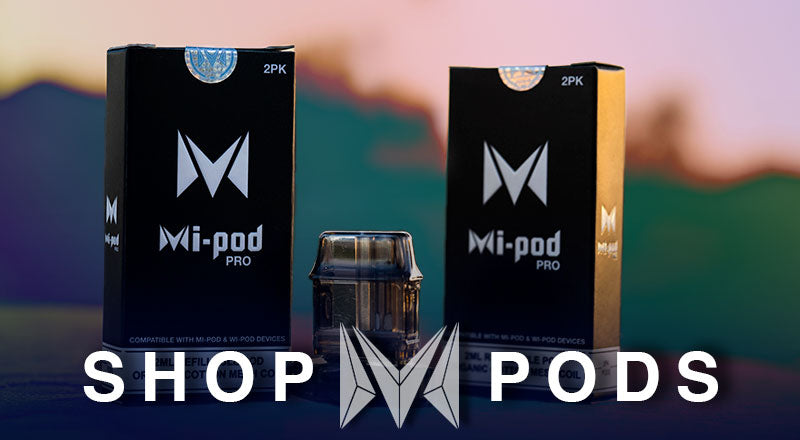
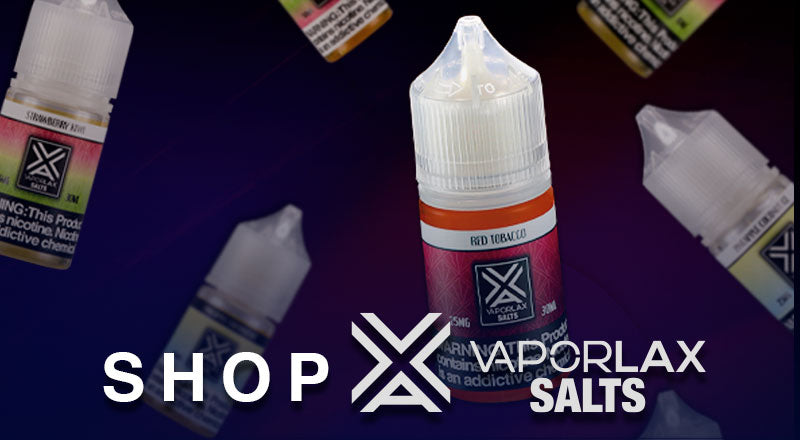
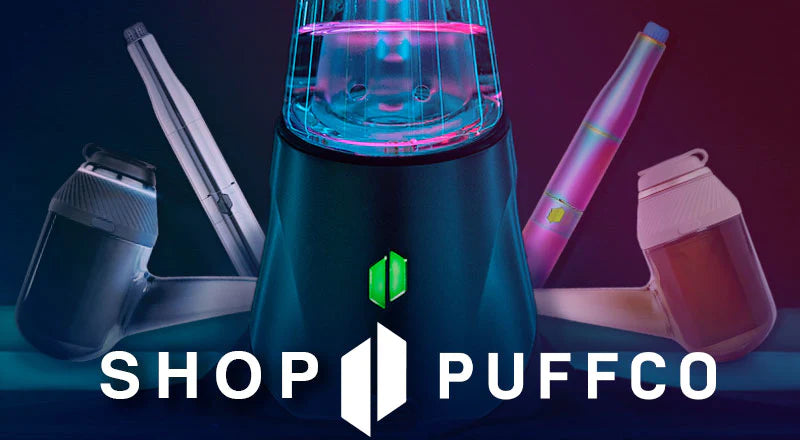
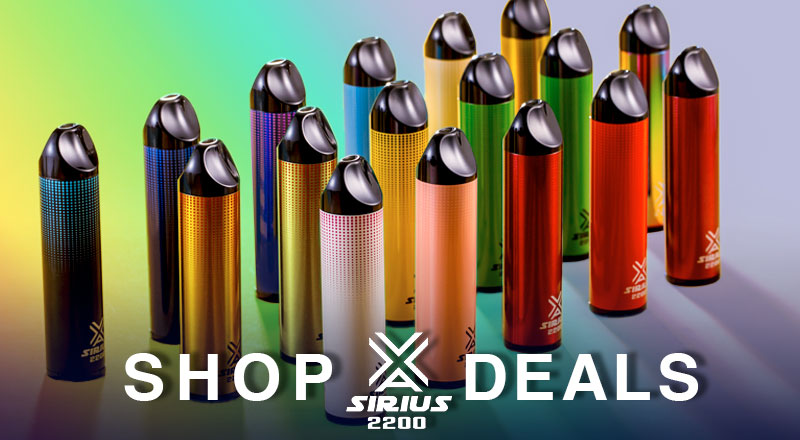


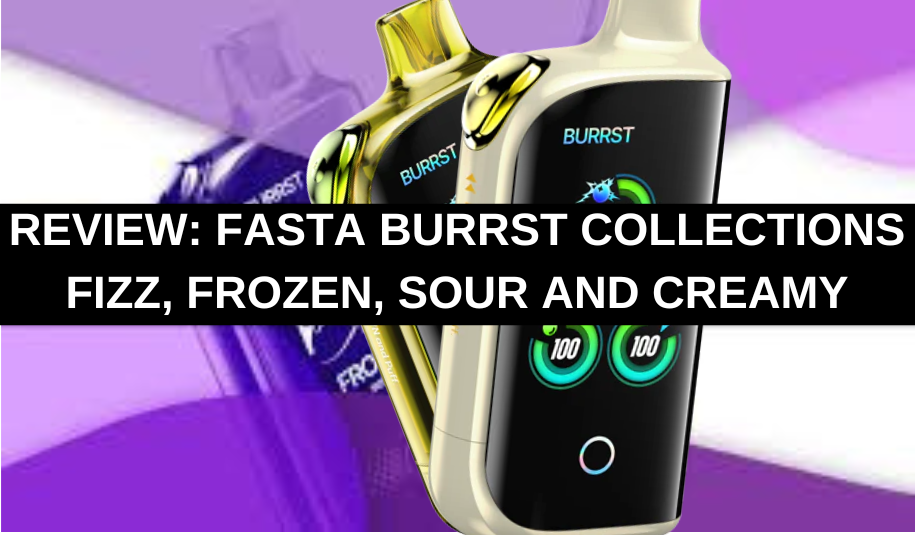
Leave a comment
This site is protected by hCaptcha and the hCaptcha Privacy Policy and Terms of Service apply.